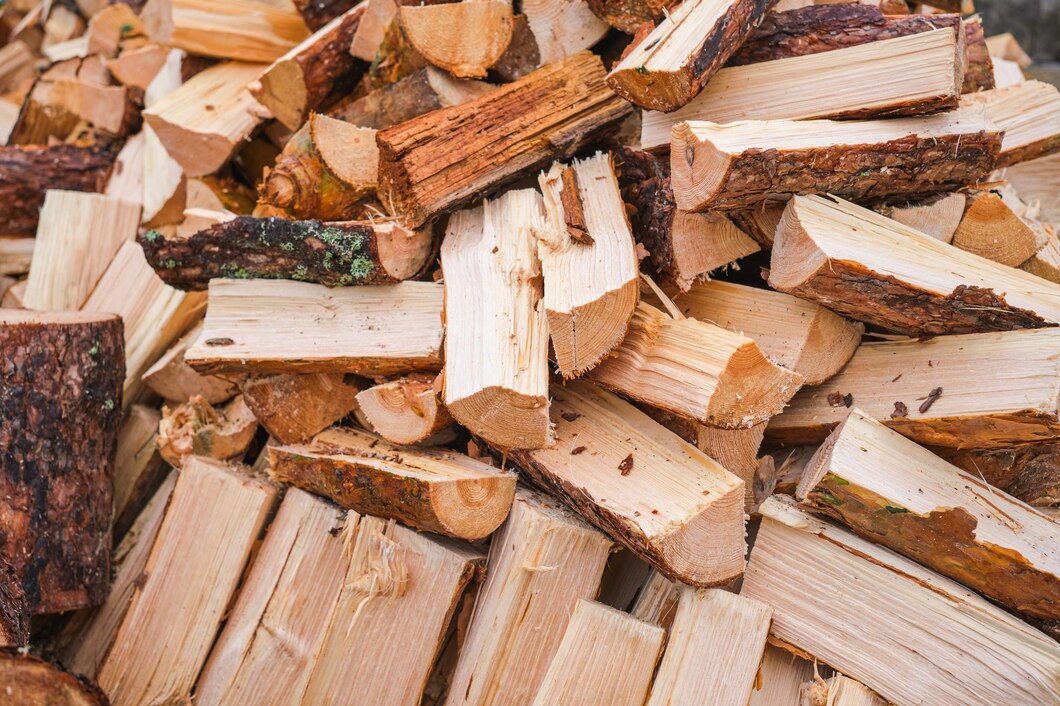When stocking up on firewood from Beaver Creek Firewood, many homeowners and outdoor enthusiasts often wonder, Does Firewood Expire? Understanding how long firewood lasts and what factors affect its longevity is essential for anyone who wants to maximize the efficiency and enjoyment of their fires. In this blog post, we’ll explore Firewood Longevity, Proper Firewood Storage techniques, and tips on keeping your firewood in optimal condition for as long as possible.
Understanding Firewood Longevity
Firewood Longevity depends on several key factors, including:
- Type of Wood: Hardwoods like oak and maple generally have longer Firewood Longevity compared to softwoods like pine and spruce.
- Storage Conditions: Proper Firewood Storage can significantly extend the lifespan of your firewood.
- Seasoning: The degree to which the wood was seasoned before storage is crucial for its Firewood Longevity.
On average, well-seasoned and properly stored firewood can last anywhere from 2 to 5 years. Knowing these variables helps ensure that your firewood does not expire and become unusable.
The Importance Of Proper Firewood Storage
Proper Firewood Storage is essential for extending the life of your firewood. Here are some key storage tips:
- Keep it Dry: Moisture is the biggest enemy of Firewood Longevity. Firewood that is exposed to rain, snow, or high humidity can rot, develop mold, or become infested with pests.
- Use Covered Storage: A woodshed or a tarp that allows for air circulation is ideal for Proper Firewood Storage, protecting your firewood from the elements.
- Elevate Your Wood: Store firewood off the ground to prevent moisture absorption from the soil. Use pallets, bricks, or a firewood rack to keep it elevated, which aids in Proper Firewood Storage by allowing air circulation.
Tips To Maximize Firewood Shelf Life
To maintain Firewood Longevity, follow these best practices:
- Rotate Your Stock: Use the oldest firewood first to prevent it from sitting too long and deteriorating, which can affect Firewood Longevity.
- Season Your Wood Properly: Let your firewood dry out completely before storing it. Seasoning typically takes six months to a year, depending on the wood type, and is vital for Proper Firewood Storage.
- Avoid Overpacking: When stacking firewood, leave space between logs to promote airflow, which helps keep the wood dry and reduces the risk of mold and rot, aiding in Firewood Longevity.
- Check for Pests: Regularly inspect your firewood for signs of pests like termites or carpenter ants. Infested wood can spread to other logs and reduce the quality and Firewood Longevity of your supply.
When Does Firewood Expire?
While firewood doesn’t exactly expire like food, the question remains, Does Firewood Expire? The answer is that over time, it can become less effective and even unusable. Signs that your firewood may no longer be viable include:
- Musty Smell: This could indicate mold or mildew, compromising Firewood Longevity.
- Visible Mold: Mold growth is a sign of poor Proper Firewood Storage conditions.
- Excessive Crumbling: If the wood crumbles easily, it may be too old or damaged, indicating that Firewood Expire is possible.
If your firewood exhibits these signs, it may not burn efficiently, producing more smoke and less heat. In such cases, it’s best to discard the old firewood and replace it with a fresh, well-seasoned supply.
Conclusion: Keep Your Firewood In Peak Condition
Does Firewood Expire? At Beaver Creek Firewood, we understand the importance of having reliable, high-quality firewood for your home or outdoor activities. By following Proper Firewood Storage practices and regularly checking your firewood’s condition, you can significantly extend its Firewood Longevity and enjoy warm, efficient fires for years to come.
Contact us today for expert advice on selecting or storing firewood or if you’re ready to purchase a new batch.

